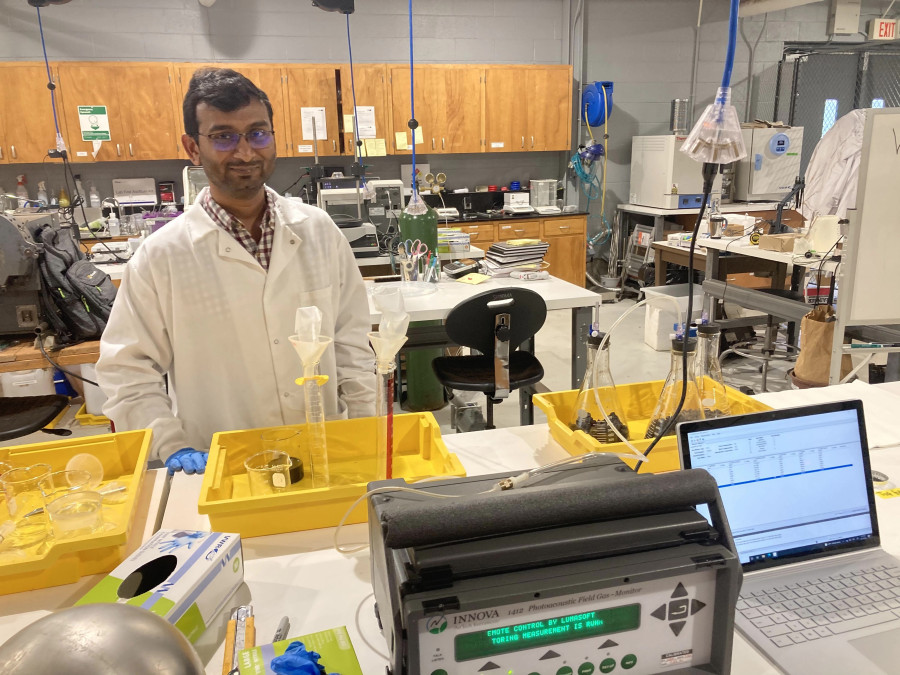Nurse Practitioners (NPs) have steadily transformed the
landscape of healthcare delivery since their emergence in the mid-20th century.
Initially created to fill gaps in primary care, NPs have become central figures
in both preventative medicine and complex patient management. Their roles have
expanded to address growing healthcare demands, and they continue to
demonstrate remarkable adaptability across various medical environments.
As the healthcare system evolved, so too did the scope of
practice for NPs. Legislation and regulatory bodies responded to shortages of
primary care physicians by granting NPs greater autonomy, particularly in rural
and underserved areas. This shift allowed NPs to diagnose illnesses, prescribe
medications, and develop treatment plans independently in many states, bridging
critical care gaps that had persisted for decades.
Today, the versatility of NPs is seen across diverse
settings, from hospital floors to private practices and specialized clinics.
Their education, grounded in both nursing and medical models, equips them to
deliver comprehensive care that emphasizes patient education, wellness, and
disease prevention. As patient expectations shift toward more holistic and
accessible healthcare, NPs are increasingly recognized for their essential role
in the system.
Understanding
the NP Role Across Healthcare Settings
While many people are familiar with the presence of NPs in
hospital settings, few fully appreciate the breadth of their responsibilities.
Nurse Practitioners are not only instrumental in acute care units but also play
pivotal roles in outpatient services, specialty departments, and community
health initiatives. Their training allows them to seamlessly move between these
roles,
adapting to the specific needs of their patients and environments.
In acute care hospitals, NPs often serve as primary providers
in intensive care units, emergency departments, and inpatient services. Their
ability to manage critically ill patients, coordinate with multidisciplinary
teams, and make complex clinical decisions illustrates their integral role
within hospital systems. The hands-on, high-pressure environment of hospitals
also provides NPs with opportunities to continually refine their clinical
judgment and leadership skills.
Beyond hospital walls, NPs are increasingly sought after in
outpatient clinics and private practices. Their approach to care, which
combines medical expertise with an emphasis on patient relationships, makes
them ideally suited for these settings. Nurse Practitioners are able to adapt
quickly to different clinical environments, often serving as primary care
providers, specialists, or health coaches. This flexibility allows them to meet
a wide range of patient needs, offering preventive care, chronic disease
management, and specialized services all within community-based settings. Their
presence in these areas not only enhances access to care but also strengthens
the continuity and quality of healthcare delivery.
Transitioning
from Hospital to Private Practice
Moving from a hospital setting to a private practice
represents a significant shift in both workflow and professional focus for
Nurse Practitioners. In hospitals, NPs are often part of large, complex systems
with numerous layers of administration and strict protocols. By contrast,
private practices offer a more autonomous environment where clinical and
business skills become equally important.
In private practice, NPs have the chance to build long-term
relationships with patients, offering continuous and preventive care rather
than episodic treatment. This model of care emphasizes patient trust and
education, allowing NPs to have a deeper impact on health outcomes over time.
It also means that NPs in private settings often manage a broader range of
administrative tasks, from patient intake procedures to billing and insurance
coordination.
The transition also demands new professional competencies.
NPs in private practice must hone their business acumen, understanding
healthcare management, marketing, and regulatory compliance. While the shift
can be challenging, many NPs find private practice rewarding, as it allows
greater independence and the ability to shape their clinical environment according
to their philosophy of care.
Educational
Foundations Enabling NP Versatility
The educational journey to becoming a Nurse Practitioner is
rigorous and comprehensive, preparing these professionals for the wide range of
roles they undertake. Most NPs begin their careers as Registered Nurses (RNs),
gaining critical bedside experience before pursuing advanced degrees.
Graduate-level education focuses on advanced clinical skills, diagnostic
reasoning, and specialty practice areas.
Master’s programs and increasingly Doctor of Nursing Practice
(DNP) programs provide the academic and clinical grounding necessary for
independent practice. Coursework typically covers pharmacology,
pathophysiology, clinical assessment, and evidence-based practice. Clinical rotations
offer exposure to different specialties, from pediatrics to geriatrics,
preparing NPs to work confidently across settings.
Continuing education is a hallmark of the NP profession. As
healthcare evolves, NPs are expected to stay current with emerging medical
knowledge and changing best practices. This commitment to lifelong learning
ensures that NPs remain adaptable, whether they are working in high-intensity
hospital units or running a family practice clinic.
The Growing
Demand for NPs in Diverse Settings
The demand for Nurse Practitioners has surged in recent
years, driven by factors such as physician shortages, an aging population, and
a rising emphasis on preventive care. According to various healthcare workforce
studies, the number of practicing NPs is expected to grow dramatically over the
next decade, reflecting broader shifts in the healthcare industry.
In hospitals, NPs are increasingly seen as essential members
of care teams, often leading initiatives in patient safety, quality
improvement, and transitional care. They bring a holistic perspective that
complements physician-driven models, often improving patient satisfaction and
health outcomes. Hospitals are recognizing that retaining skilled NPs can be a
strategic advantage in an increasingly competitive healthcare market.
Private practices, urgent care centers, and retail clinics
are also expanding their hiring of NPs. Their ability to deliver high-quality,
cost-effective care makes them attractive to organizations looking to meet
patient needs efficiently. As healthcare becomes more decentralized, the
opportunities for NPs to carve out diverse career paths continue to grow.
Challenges
Faced When Shifting to Private Practice
Despite the many advantages, moving from hospital halls to
private practice is not without its challenges. One significant hurdle is the
complexity of running a business in a highly regulated industry. NPs must
navigate a labyrinth of insurance reimbursements, state-specific practice laws,
and the operational logistics of maintaining a practice.
Another major challenge lies in patient acquisition and
retention. Unlike hospitals, where patients are assigned based on need, private
practices require NPs to actively market their services and build a reputation
within the community. Developing referral networks and engaging in community
outreach become vital components of success.
Finally, the administrative burden can sometimes detract from
the time available for direct patient care. Billing, staffing, supply chain
management, and regulatory compliance all require attention and expertise. Many
NPs find it necessary to partner with experienced practice management
consultants or invest in additional training to ensure the viability of their
practices.
The Future of
Nurse Practitioner Versatility
Looking ahead, the role of Nurse Practitioners is poised to
become even more versatile. Advancements in telemedicine, artificial
intelligence, and personalized medicine will open new avenues for NPs to
provide care in ways that were previously unimaginable. Their foundational
skills in holistic assessment and patient-centered care will be crucial assets
in these emerging models.
Policy changes at the state and federal level could further
expand the scope of practice for NPs. There is growing momentum behind efforts
to allow full practice authority nationwide, removing barriers that limit NPs'
ability to provide care independently. These legislative changes would not only
empower NPs but also help to address critical healthcare access issues,
particularly in rural and underserved regions.
Ultimately, the adaptability and resilience of Nurse
Practitioners ensure that they will remain at the forefront of healthcare
innovation. Whether working in bustling hospital corridors, cozy private
offices, or virtual clinics, NPs will continue to redefine what it means to
deliver compassionate, comprehensive, and forward-thinking care.









